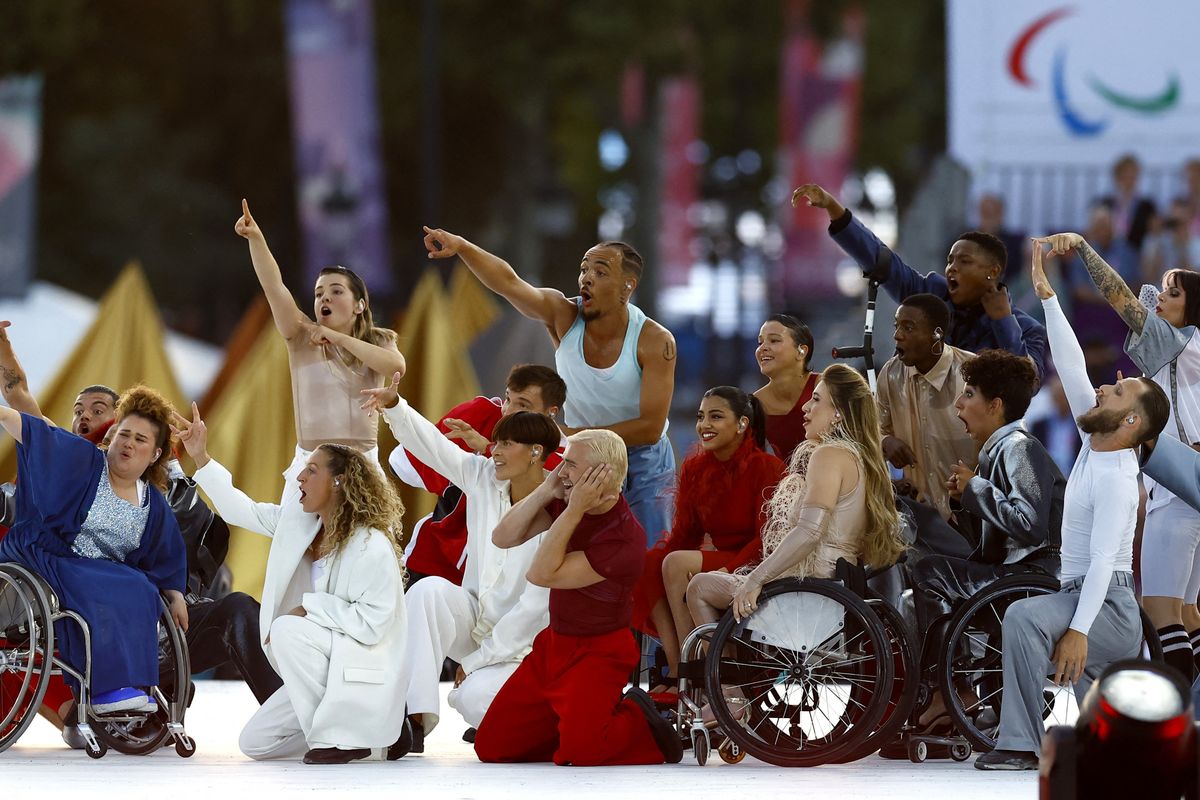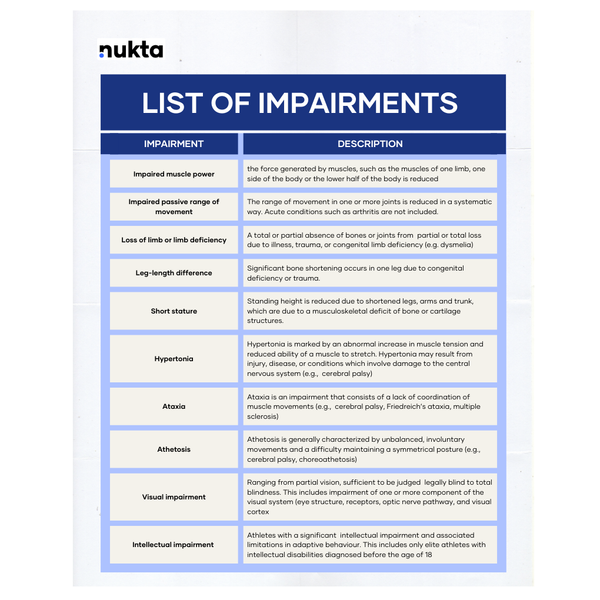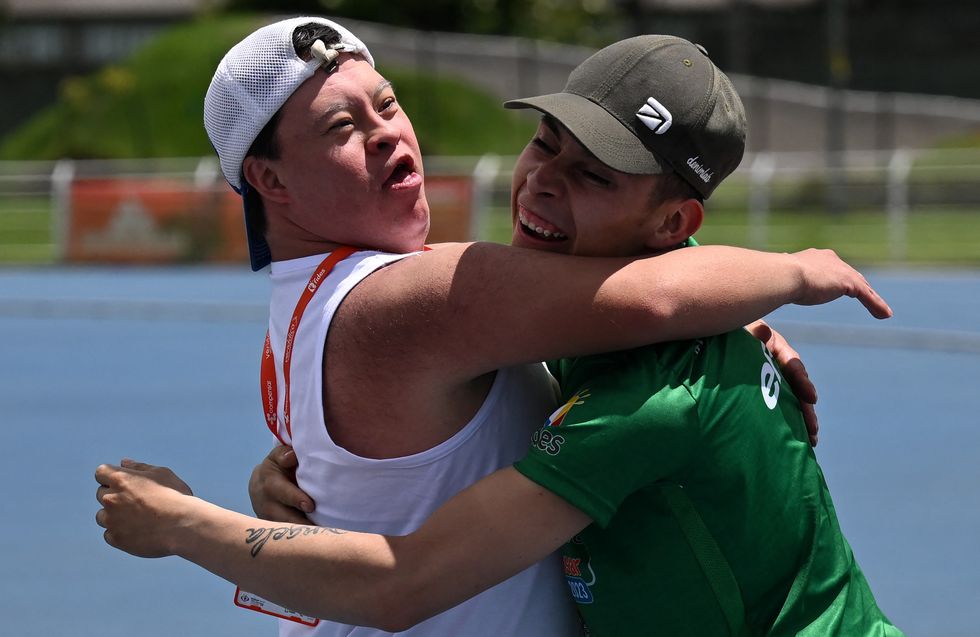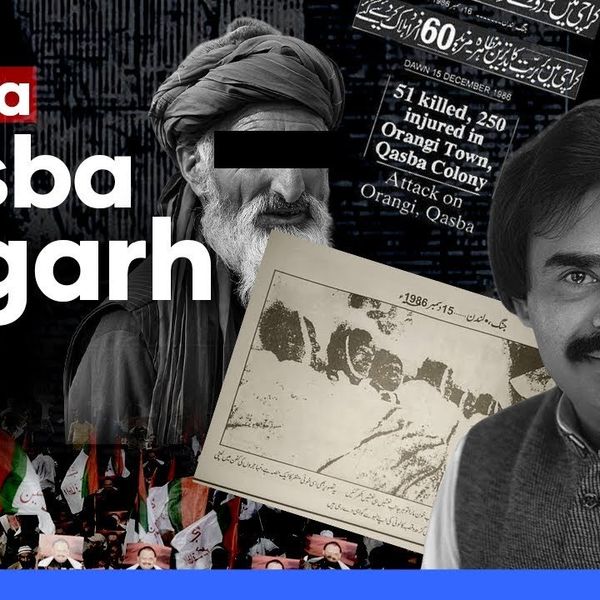Inclusion Revolution: Why are the Paralympic Games important?
The Paralympic Games have a proven track record for changing attitudes towards persons with disabilities

Brashna Kasi
Producer / Correspondent
Brashna Kasi is a sports journalist and digital producer, specializing in cricket coverage. A Fulbright scholar, she has a Master's degree in Magazine, News and Digital Journalism from Syracuse University, New York and has contributed to NPR, Dawn and Geo.

Performers during the opening ceremony of the 2024 Paris Paralympics
Reuters
It was the best of times, it was the worst of times.
With the Paralympic Games on, there is nothing that explains the ever-present social paradoxes better than the famous Charles Dickens’ opener. From overthrowing monarchies to undermining societal stereotypes, Paris is decking out another revolution this time, the inclusion revolution.
The Paralympic Games this year took off at Paris' most historic location, Place de la Concorde, as thousands of people watched the para athletes parade at the heart of the city with the sky lit up in the smoke of the national tricolor; blue, white and red.
About 4400 para-athletes from 168 National Paralympic Committees are competing in 22 different sports at the ongoing Games. Their entrance during the opening ceremony at the historic square was intended to draw an analogy between the French revolution and the Paralympic revolution.
What is the Paralympic Games?
The Paralympics Games are the world’s leading sporting event involving athletes with disabilities. They take place right after the Olympic Games and are similarly held after every two years, switching between the Summer and Winter Paralympic Games.
In an exclusive interview with Nukta, Craig Spence, the Chief Communications Officer of the International Paralympic Committee (IPC), said that hosting the Paralympic Games shortly after Olympics increases the profile of the event and creates many efficiencies for them. “Hosting the Paralympic Games parallel to the Olympic Games means we benefit from the same Organizing Committee, venues and Athlete Village,” Spence said.
Given the vast variety of disabilities, para athletes are divided into different impairment groups. There are currently 10 eligible impairment groups recognized by the IPC; eight of them are based on physical disabilities, while the remaining ones are vision and intellectual based each.

To ensure fair competition, the IPC has a strict classification system in place that further divides athletes into different sport classes based on their degree of activity limitation. All the participating athletes are placed in a class that has athletes of similar functional abilities in terms of movement, coordination and balance.
Why is the Paralympic Games important?
Sports play a crucial part in a person’s growth and development. It also works as one of the best ambassadors to promote inclusion and human rights and is expected to be practiced without any kind of discrimination.
While it is a fundamental right for all, competitive sports was not always accessible to people with disabilities, not on a broader scale at least.
Watching Paralympic sport is a positive experience that changes the focus away from what does not work, to what does - Craig Spence
Changing attitudes
The Paralympic Games were introduced to emphasize the participants' athletic achievements and not their disability. The IPC official said that the Paralympic Games have a proven track record for changing attitudes towards persons with disabilities. “Watching Paralympic sport is a positive experience that changes the focus away from what does not work, to what does,” Spence said.
Inclusivity
Hosting the Paralympic Games leads to significant social and economic benefits for the host city including increased tourism, rising social awareness and long-term infrastructure improvements.
”We have a major impact on host cities, often transforming their infrastructure to make it more accessible and inclusive,” Spence added.
Greater opportunities
The change in attitudes also lead to greater opportunities for para athletes. According to IPC, research following the London 2012 Paralympic Games found that one in three people in Great Britain had changed their attitudes towards disability as a result of watching the Paralympics. In a span of just six years, one million more persons with disabilities had gained employment by 2018 compared to the pre-2012 Games.
Paralympics vs Special Olympics
Oftentimes people mix the Paralympics with the Special Olympics which specifically showcases athletes with an intellectual disability, predominantly down syndrome.
“The Paralympics focuses on competitive sport, while the Special Olympics is more about making sporting events enjoyable and equitable for all participants,” Spence told Nukta.

The special Olympians are mostly ineligible to compete in the Paralympics because down syndrome is not one of the 10 eligible impairments recognized by IPC’s classification code. While the IPC has one intellectual impairment class, people with down syndrome struggle to qualify as their performances are not enough to challenge athletes with intellectual development disorders.
Many advocacy groups have been critical of IPC’s existing classification policy and are fighting for the inclusion of a separate classification category for people with down syndrome.
Spence said that the Special Olympics and Paralympics are two very different and separate events. “The athletes that go in there compete for the medals,” Spence said of the Paralympics.
“It’s the best of the best, and they are going to finish this as early as possible. While the Special Olympics is a non-competitive sport as such, it’s very much about participation.”










Comments
See what people are discussing